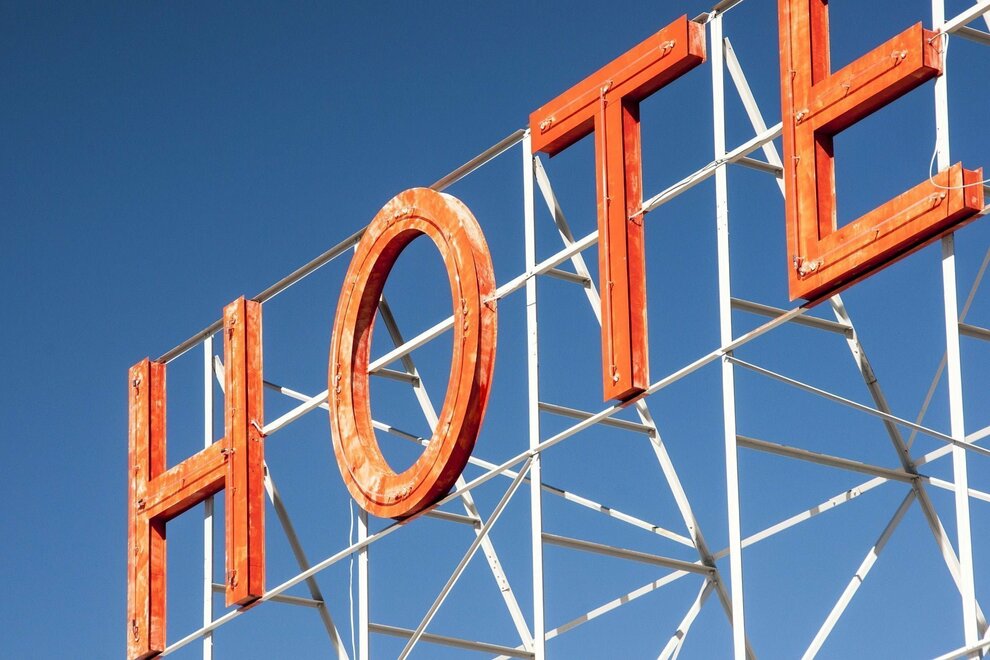
Investing in a hotel for sale in Tuscany
Steps in the process of buying and selling a hotel business in Tuscany
Investing in a hotel in Tuscany can be a lucrative opportunity in the Italian tourism sector, which is fundamental to the country's economy. With tourism being a major industry along with the food sector, Italian hotels attract a wide range of investors, including private individuals and investment funds. According to one study, Italy ranks first in Europe in terms of number of hotel rooms and fourth in terms of volume of annual tourists, making the hotel market a booming sector, despite the setback caused by the coronavirus pandemic.
Characteristics of the Italian hotel market
Italy, as mentioned, is the fourth largest tourist market in the world, surpassed only by the USA, France and Spain. The main destinations are Venice, Florence, Rome and Milan, but secondary locations are also becoming attractive to investors due to the great opportunities offered by the recovering post-pandemic market. Interest extends not only to traditional hotels, but also to other types of accommodation such as hostels, B&Bs and resorts, located in luxury tourist locations such as Versilia, Forte dei Marmi and the hills of Lucca.
Why invest in a hotel?
Investing in a hotel can be a financially rewarding and personally satisfying experience for many entrepreneurs. Hotels require a significant investment of time, effort and money, but success in the hospitality industry can bring great returns. Before proceeding with the purchase, there are several aspects to consider:
Location
Location is a critical factor in the success of a hotel. If you are not buying a property with a long history and an established brand, customers are also likely to look for convenience of services and a strategic location. Successful hotels may be located along busy highways or between major destinations and tourist cities. The presence of other hotels in the vicinity may indicate an area with sufficient tourist demand. It is important to analyse historical booking and financial data to understand peak and off-peak seasons in order to properly plan finances and loan payments required for the purchase.
Broker Commerciale offers for sale hotels located in the renowned seaside resorts of Versilia, Tuscany, in Forte dei Marmi, Marina di Pietrasanta, Lido di Camaiore and Viareggio.
The brand and franchising
Brand recognition is important for hotels. Travellers tend to choose well-known hotel chains over small independent businesses. Considering buying a franchise can be advantageous, although more expensive, as it offers integrated marketing, positioning on booking platforms, good online reviews, training materials and other benefits. However, franchise costs and commissions must be taken into account.
The guest experience
Guest satisfaction is crucial to the success of a hotel. It is necessary to ensure friendliness, helpfulness and cleanliness on the part of the staff, as well as keeping the hotel grounds tidy and updating what is obsolete. A good guest experience can lead to positive reviews and loyalty.
Investment evaluation
Before investing in a hotel, it is necessary to carefully assess the value of the property and individual rooms. A consultant such as a Commercial Broker can help calculate the value of the hotel based on the average annual room revenue.
Reasons for selling a hotel
Hotels can be sold for various reasons. Some entrepreneurs retire and have no heirs interested in running the business. In these cases, selling the hotel while it is still in full operation can guarantee a good profit. Other hotels are sold because they need expensive renovations that the current owners cannot or do not want to undertake. Finally, some new hotels are built specifically to be sold, offering a turnkey property ready to welcome guests.
The process of selling and buying a hotel, buying a hotel business involves several crucial steps:
1. Balance sheet analysis: balance sheets for the last five years must be examined to assess profitability and determine the price of the hotel. The financial statements provide important elements for determining the price and potential return on investment.
2. Operational assessment: Use PMS data to understand the market positioning, average occupancy rate (ADR/RMC) and market segments served by the hotel. This helps to understand whether the business is already optimised or has room for growth.
3. Fiscal and property due diligence: Check the tax, tax and debt situation, as well as the property's building adequacy. This step is essential to identify any critical issues and determine whether there are any debt items to set aside or deduct from the sale price.
4. Governance: If the transaction involves several parties, governance agreements must be drawn up to regulate relations between the partners.
Before buying a hotel, it is important to find out about several aspects: any debts of the company, competition, number of annual customers, state of the premises, furnishings and facilities, quality of staff and agreements with suppliers, and investments made in marketing and webmarketing in recent years. Every purchase must be made with an awareness of the hotel's current situation.
Buying a hotel can be a complex and stressful operation, but with the right preparation, commitment and advice from professionals such as Broker Commerciale, it can turn into a profitable business and an extremely rewarding future lifestyle.
